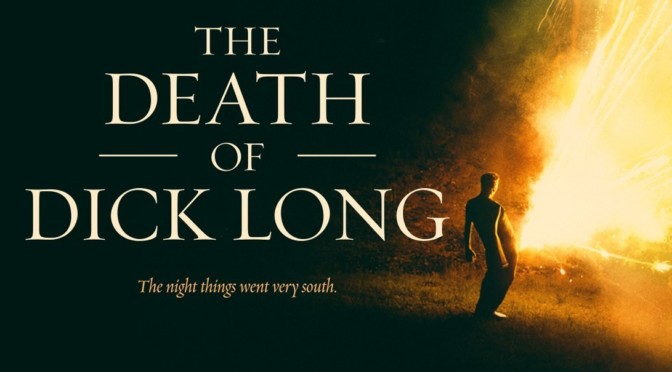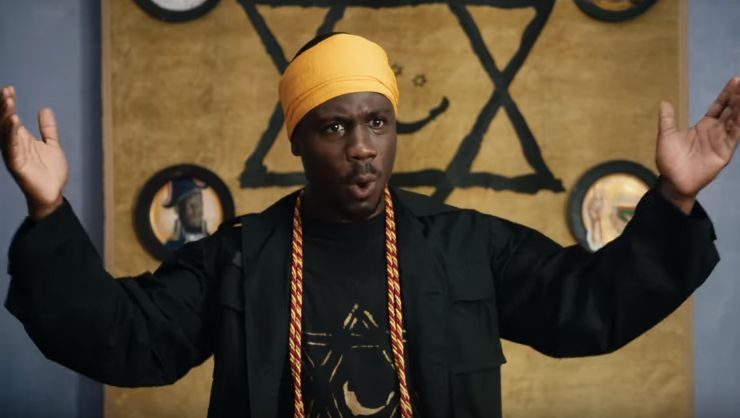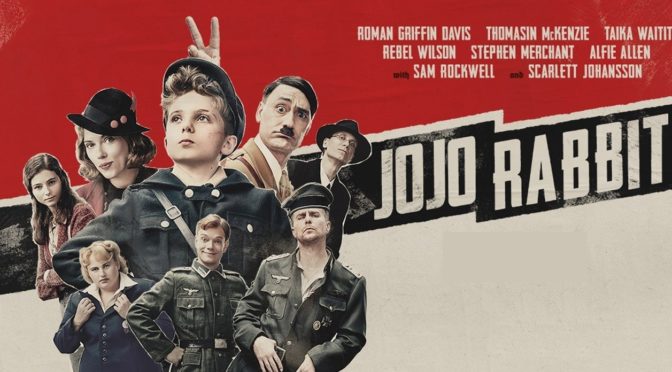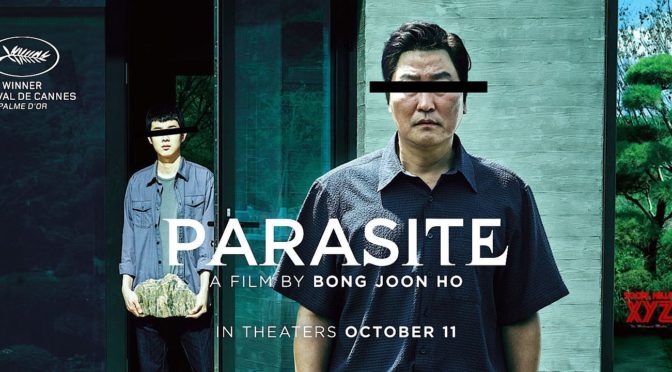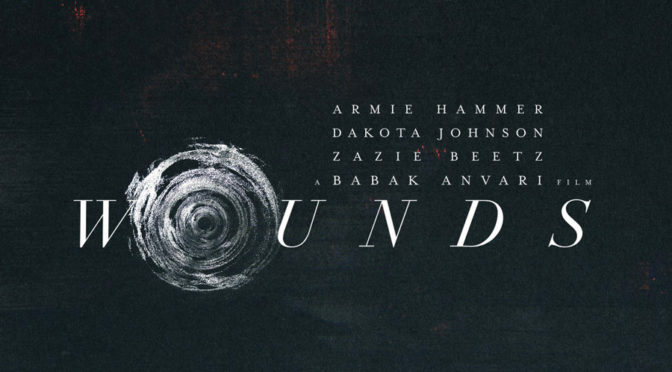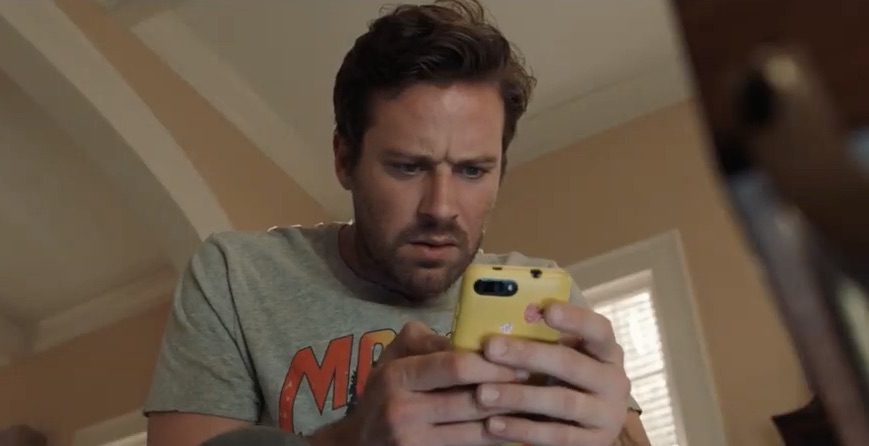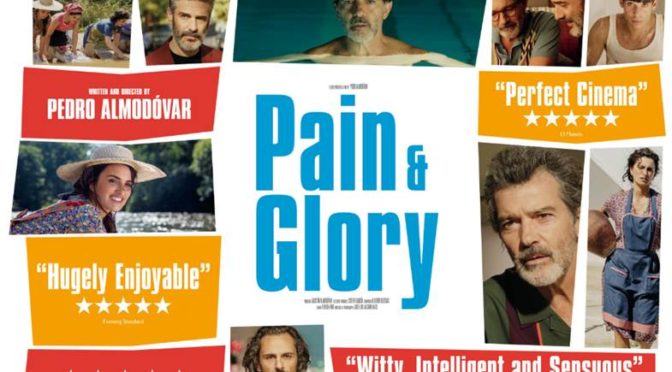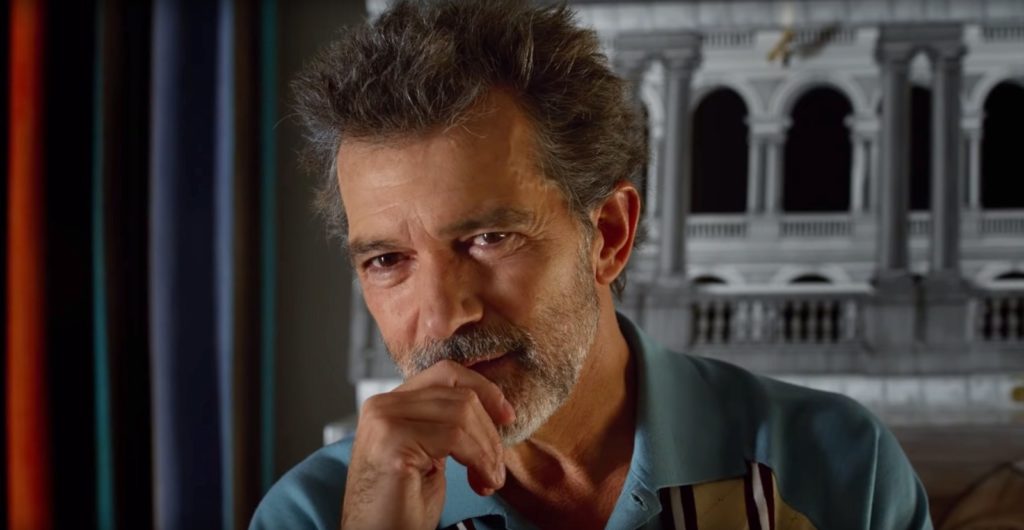After friends Zeke (Michael Abbott Jr.; Loving), Earl (Andre Hyland; The 4th), and Dick (Daniel Scheinert) finish band practice, Dick asks them, “Wanna get weird?”. Since this is a film directed by Daniel Scheinert (one half of the duo behind Swiss Army Man), the answer is most definitely “Yes”. The three go all out drinking, smoking, and setting off fireworks, until the film cuts to Zeke and Earl carrying a bleeding Dick to a hospital emergency room before leaving without a trace. Later, they discover that Dick didn’t survive the night.
Visually, the film is less interesting than Scheinert’s previous work. Swiss Army Man featured creative production design and artful practical effects that would have fit in a Michel Gondry film. Scheinert shows elements of that aesthetic in the film’s opening wild night, but mostly focuses on creating the grounded setting, even down to its music choice. The soundtrack features bands like Creed and Nickelback that are regularly ridiculed in mainstream press but are successful in rural areas. The film’s visuals may not be particularly imaginative, but it does carry an authentic backwoods country vibe.
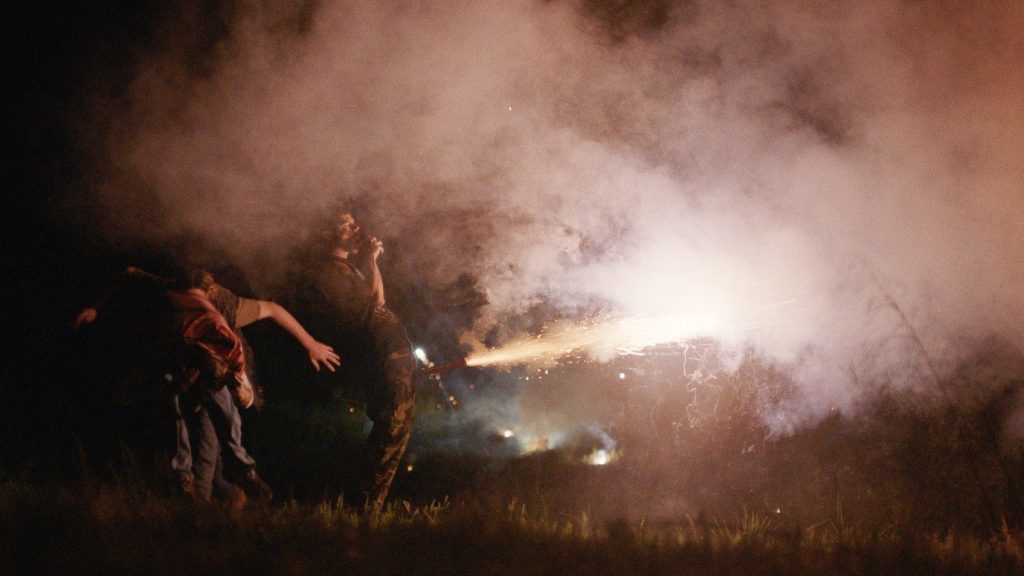
Scheinert straddles a difficult line between thriller and comedy. The death, and its horrific cause, give the film a slightly dangerous edge. Zeke and Earl are not only trying to hide their involvement with whatever led to Dick’s demise, they won’t even mention what caused it. This casts suspicion over their actions. If it was an accident, what would they have to hide? It seems unlikely that they would deliberately harm their friend, but why else would they deny their involvement? What other sort of illicit activities could have happened that night? Zeke and Earl’s behaviors raise questions about their culpability.
The comedy comes from their reactions to the situation and their poor attempts at hiding their connection to the death. Zeke and Earl argue about movie references while cleaning bloodstains out of a car and awkwardly hide the facts from their significant others. Their position becomes increasingly complicated as they run into the two local police officers at inconvenient times and have to weasel their way out of the interactions. It isn’t overtly going for laughs the way a regular comedy would, but the film’s incompetent leads get themselves into several difficult, but humorous situations when avoiding being caught.
The end result of the strange balancing act is an enjoyable film, but one that doesn’t exceed expectations in either area. The film isn’t quite a thriller, but the central mystery is still involving. It isn’t necessarily tense, but Scheinert is able to maintain enough intrigue to keep the audience tuned in. The humor isn’t gut-busting, but there is enough of it to amuse. When the story finally unravels with an answer that is shocking beyond belief, something out of the territory for a resolution to most stories, it provides ample reason for all of the preceding behavior. The Death of Dick Long is a dark comedy-thriller that, given its subject matter, balances tones enough to entertain the audience until it reaches its outrageous reveal.

3/5 stars.
